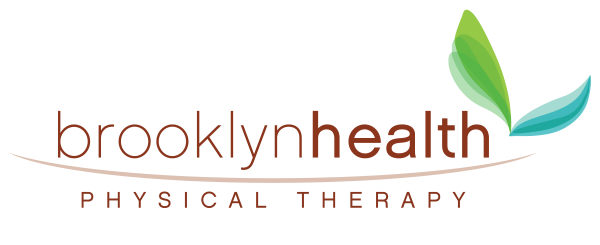Our Specialized Programs
McKenzie Spine Treatment
The McKenzie method is a comprehensive approach to spine dysfunction where the emphasis is on active patient involvement. Ultimately, most patients can successfully treat themselves when provided the necessary knowledge and tools. For patients with more difficult mechanical problems, a certified McKenzie clinician can provide advanced hands-on techniques until the patient can self administer.
Sports Rehabilitation
When athletes are injured or undergo surgery, physical therapy helps them return to their active lifestyles as quickly and as safely as possible. A whole-body approach to therapy ensures effective treatment by addressing the underlying causes of injury in addition to the symptoms.
Post-Surgical Treatment
After surgery, patients need a structured therapy protocol to protect the delicate nature of the repair while maintaining essential range of motion. Treatment plans are developed in cooperation with the surgeon to provide patients with individualized strengthening routines.
Pelvic Health Program
The pelvic floor refers to the group of muscles, connective tissue and ligaments that control and support the bottom of the pelvis from the pubic bone to the tailbone. Men and women can experience pelvic floor dysfunction that may include the following symptoms: pain in the vagina, rectum, penis, testicles, abdomen, lower back or legs; urinary or fecal urgency, frequency, hesitancy, pain or leakage. Physical therapy can facilitate strength, flexibility and coordination of the pelvic floor to treat these issues.
Prenatal Care
Expectant mothers experiencing severe back pain, sciatica, pubic dysfunction or other pregnancy related dysfunction can benefit from therapy that combines manual treatment with a home exercise plan. Instruction in proper body mechanics and postural education further support women during and after pregnancy.
Postpartum Health
After delivery, separation of the abdominal muscles or pubic bone can occur, and perineal scarring can be slow to heal. Postpartum therapy helps encourage the natural healing process and provides new mothers with guidance on how best to care for themselves and baby while meeting new physical demands such as breast feeding, carrying baby, and pushing a stroller.
